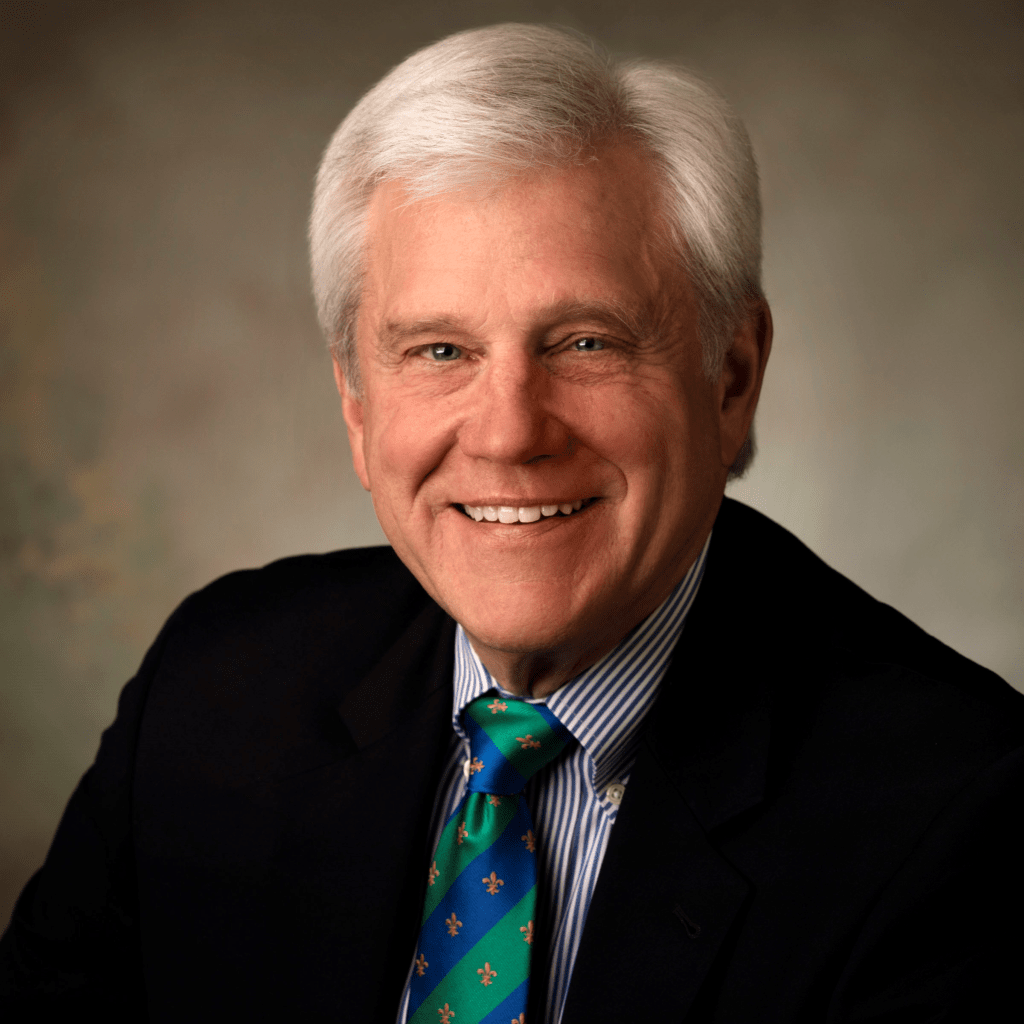 Adjunct Assistant Professor Robert Harrison joined the Center for Law and Biomedical Sciences (LABS) at S.J. Quinney College of Law in 2022. Though he has taught at Utah Law for just one year as an adjunct professor, Harrison is excited to continue and says the most rewarding part of teaching here is spending his time learning with students.
Adjunct Assistant Professor Robert Harrison joined the Center for Law and Biomedical Sciences (LABS) at S.J. Quinney College of Law in 2022. Though he has taught at Utah Law for just one year as an adjunct professor, Harrison is excited to continue and says the most rewarding part of teaching here is spending his time learning with students.
“There is so much in the modern world to be deeply concerned about, and it is encouraging to spend time with people who are so bright and so thoughtful, and who really want to make a positive difference in our world,” he says. “I am proud of being part of their personal and professional evolution, and I feel humbled by opportunities to support them.”
Harrison began his career in clinical work and moved into health administration, not considering law school as a possibility at the time.
“Although I had no interest in law school, I was acutely aware of the intersections of law and medicine and was interested in the philosophy and the policy implications common to both disciplines. Those intersections were underscored by the explosion of federal regulation of medicine and healthcare, and the national policy debates about the role of government in the provision and regulation of healthcare services,” Harrison recalls. “When I decided to go to law school following a health policy fellowship in the Senate, it was to study healthcare law and policy, to add that dimension to my perspectives on healthcare.”
He decided to focus on professional ethics while taking foundational courses in his doctorate program.
“I did not feel drawn to one area more than another until my first class in research ethics; partly because I soon saw how my intellectual interests and my professional background came together in this one place, but also because I made an intellectual connection with the professor. I knew after just a few weeks that I wanted to do my doctoral work with her,” Harrison says. “The connection to professional ethics is very direct. Research ethics is in large measure about the conduct of professionals, and professional ethics was a natural fit with my prior experience as a lawyer defending licensed professionals accused of unethical or unlawful conduct.”
While he currently teaches courses on the regulatory system and healthcare regulation, along with the Law and Biomedicine Colloquium, Harrison will be teaching a class focused more on ethics in spring 2024, surveying the Model Rules of Professional Responsibility and reviewing judicial decisions and ethics opinions. The course aligns with Harrison’s research as well.
“My research focuses on the context in which clinical research takes place, on questions that relate to legal and ethical structures for the protection of vulnerable research subjects. That includes work as narrow as studying the content of Institutional Review Board policies for legally valid consent, and as broad as studies of the ethical dimension of regulations governing American researchers who use study populations from less-developed countries,” Harrison says. “The ethical implications of the regulation of clinical research are the unifying theme, a focus that necessarily incorporates inseparable aspects of law, medicine and philosophy.”
Harrison is most interested in the ethical basis for how the United States conducts research.
“How do we get subjects into research, and how do we decide what we should be doing? With our aging population, finding drugs that treat dementia and Alzheimer’s is a pressing problem as health policy matter,” he says. “We need to be respectful of people who can no longer consent for themselves, and that is a huge focus of what I’m interested in.”
When Harrison is not teaching classes, he is furthering research goals and is excited about upcoming projects, including a normative article and a 2024 empirical study.
“I have two long-term book projects slowly advancing: I am researching the abuse of Guatemalan prisoners, children and mentally ill patients by the U.S. Public Health Service in conducting sexually transmitted disease experiments after World War II, and I am beginning a book on how various understandings and assumptions about what it means to be a person have relevance to the way we obtain consent for enrollment of decisionally impaired subjects in clinical research,” Harrison says. “But most exciting for me, I will be working on a collaboration with one of our LABS students next year, looking at problems with the deference of federal regulation to state law in aspects of research consent. All of this work fits so well here. Our Center for Law and Biomedical Sciences is a perfect place for collaborations on compelling questions at the intersection of law, medicine and ethics.”
Learn more about LABS, including recent news, courses, and faculty members.
